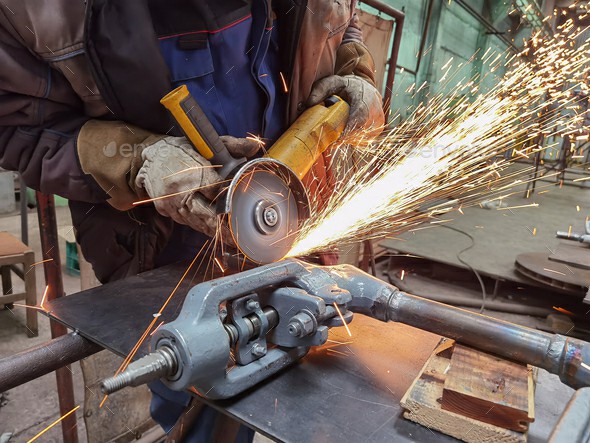


 349,500 Offered Certificates
349,500 Offered Certificates
 24/7 Online Training
24/7 Online Training
 Money Back Guarantee
Money Back Guarantee
 Fully Accredited Courses
Fully Accredited Courses

Created at: 22-02-2025 23:23
Abrasive Wheels are vital components in various industrial applications, from construction and manufacturing to arts and crafts. Understanding the different types of Abrasive Wheels, their specific applications, and the associated risks is crucial for safety and compliance with regulations in Ireland. This comprehensive guide will detail the types of Abrasive Wheels you encounter, their uses in cities such as Dublin, Cork, Galway, and Limerick, and emphasize the importance of proper training.
Grinding wheels are used primarily to grind down metals and other hard materials. They come in various shapes and sizes, tailored for different grinding applications. These include:
Designed to cut through metal, plastic, and other tough materials, cutting wheels are an essential tool in both construction and automotive industries. Types include:
Polishing wheels are softer and used for finishing processes. They enhance the aesthetic appeal of metals and other materials while also offering protective coatings. Key types are:
Abrasive Wheels find applications in diverse sectors, like:
Every type of abrasive wheel presents specific safety hazards, including:
Training in the safe use of Abrasive Wheels is a pivotal aspect of workplace safety. Abrasive Wheels Training Dublin and in other major cities like Cork and Galway prepares workers to handle these tools correctly. Certification ensures compliance with safety regulations set forth in Ireland, essentially:
Ensuring safety in the workplace starts with proper knowledge and training. Enroll in a certified Abrasive Wheels Course Ireland today to empower your workforce. Choose courses available in locations like Limerick and Waterford to maintain safety and compliance in your operations. For more information, contact us at [email protected] or visit our website.
A comprehensive understanding of the different types of Abrasive Wheels, their applications, and the risks involved is crucial for maintaining safety in various industries. By investing in certified Abrasive Wheels training across key cities in Ireland, you ensure that your staff are well-equipped to handle these tools responsibly, minimizing accidents and promoting a safer work environment.